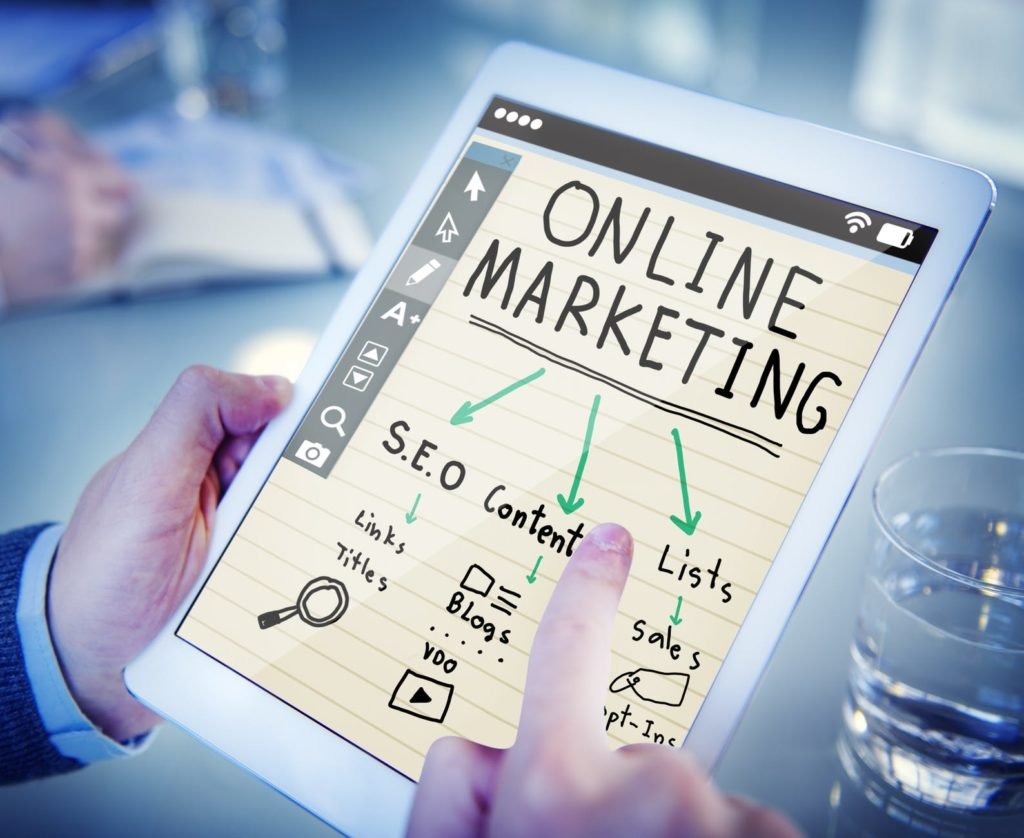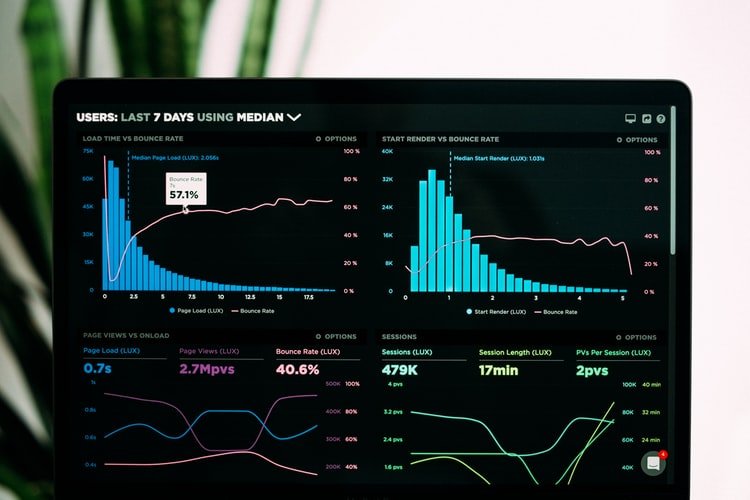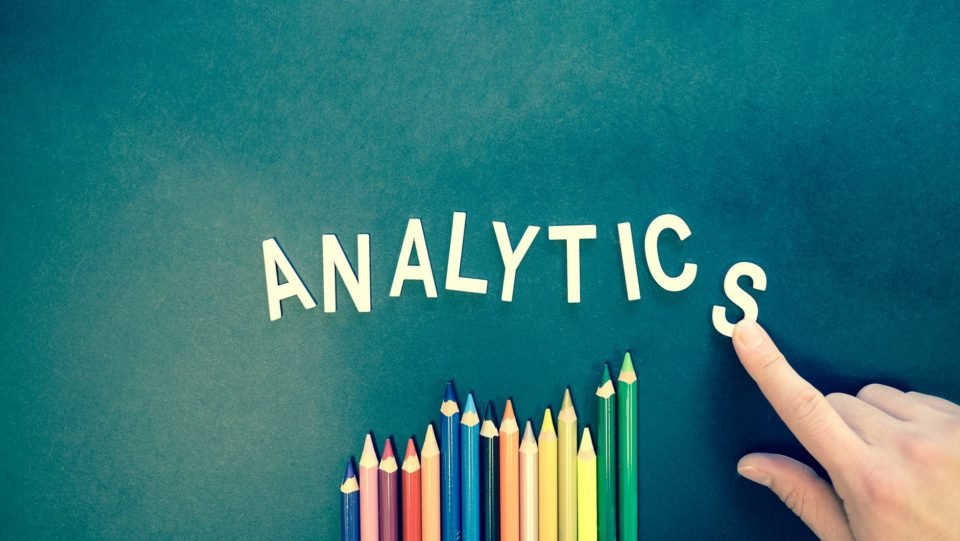Machine learning and data science are fast-changing in every industry. Ranging from fashion to finance, these technological capabilities are empowering the users by providing them with the opportunity to attain more with their own time.
Before today’s technology, data scientists spent nearly 80% of their time doing prep work. Now, calculations that utilized to take weeks, and at times even months, can be computed immediately.
The capability for the business owners to see, understand and utilize their analytics for the advancement of their brand has been simpler, and therefore the future of the analytics industry is bright. With various data analytics tools, businesses can make more informed decisions regarding their digital strategy that will provide them with an edge over their competition.
Analytics has always played a vital role in digital marketing as it helps businesses develop a data-driven marketing strategy. Marketers should know where their money is going and how much is the return to their business. Whether it is shares, likes, or conversions, the future of the analytics industry with data science and artificial intelligence is changing the way marketers do their jobs.
Here, we will provide an overview of analytics and why sales intelligence should be your next choice.

Diagnostic Analytics
Diagnostic analytics comes into existence when there is enough historical data to understand why something has taken place. For instance, if you start an ad campaign with a country setting in the background, and sales did a bit better in the suburban areas when compared to urban areas, the diagnostic analysis will show that info to you. This is significant because you can now start a re-targeting campaign and segment your advertisements to cater to diverse audiences.
Descriptive Analytics
Descriptive analytics is the data which is collected during the preliminary stages of the data collection as well as processing. It is raw data that shows you where your users are going and what are they doing there and elsewhere online, With enough data and time, this info becomes historical data for your business to a reference so that you can make an informed decision on the future of data analytics for a business.

Predictive Analytics
It is exactly what it sounds like: prediction. This data shows you what is most likely to occur based on diagnostic and descriptive analytics. This assists your team to predict how sales will be done in different areas, segmented audiences, and demographics. With predictive analytics, you can note how campaigns could play out before the launch. This proves to be helpful as your team can change and alter the things until everything gets perfect.
Prescriptive Analytics
This is what you are going to define our problem. How will you fix your weak spots depending on all data that has been collected regarding your sales cycle? This is the point where machine learning and augmented analytics comes into existence; these technologies can help in mapping out your next step.
Depending on the data processing that has happened in the earlier steps, Artificial Intelligence (AI) and machine learning can help your team by divulging how to address the sore spots. The future of business analytics lies in perspective analytics as this is the final stage where your team can solidify your strategy for the future months.

